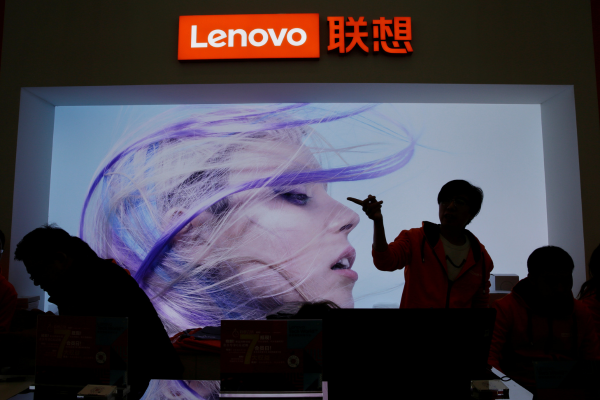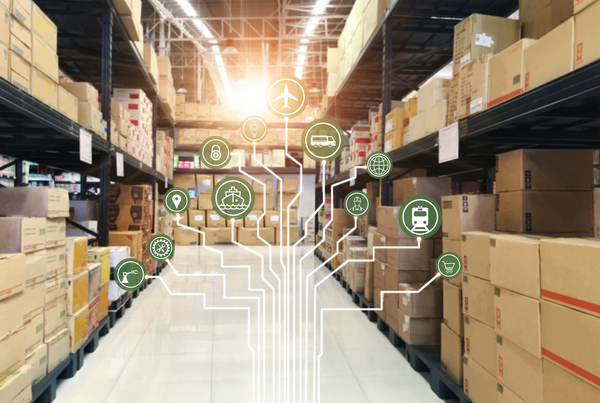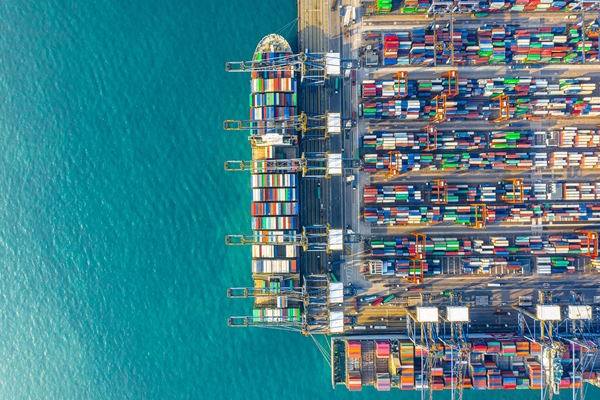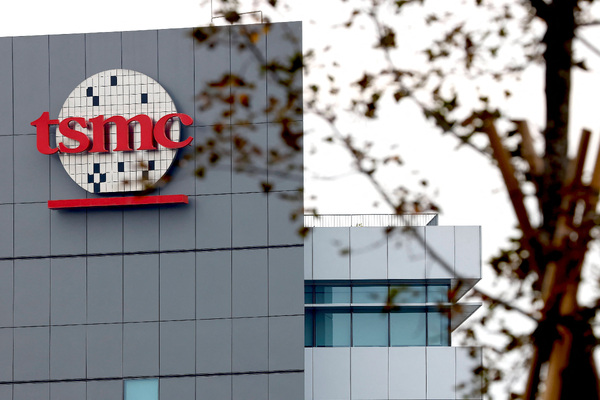SupplyChainTalk: Sustainable goals – turning your supply chain into a green machine
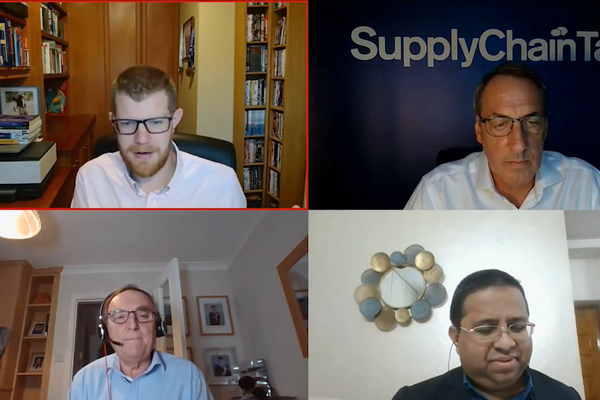
Supply Chain Talk host Duncan Brock was joined by Prof. Md. Mamun Habib, Independent University, Bangladesh and University of Texas-Arlington, USA; Mike Brooman, Head of Supply Chain, Community Fibre Limited; and Schaun McCarthy, Chair, Supply Chain Sustainability School.
Views on news
Pushing supply chain transparency up the agenda is the rise of Environmental, Social, and corporate Governance (ESG) as a strategic force in global business.
There are also signs that companies not only recognize the need to get serious about their supply chains but view the task as one that is achievable. Supply chain transparency is also on the agenda of COP27. More than 11,000 companies, financial institutions, and other non-state actors have signed up to the United Nations ‘Race to Zero’ campaign, which aims to inspire a healthy, resilient, zero-carbon recovery.
However, making the jump from a supply chain pilot that has successfully demonstrated value to a large-scale traceability program is one of the major barriers facing firms. To maintain visibility at all stages of the operation, companies have the option to explore blockchain implementations such as Microsoft’s platform.
The level of transparency and motivators to achieve it varies by sectors (in the automotive industry, visibility is high, in construction, not so much). And companies need an all-round visibility and shouldn’t just concentrate on carbon emissions. It would be key to sustainability gaining momentum that some countries take the lead, so others can follow in their steps.
Measuring and demonstrating progress in sustainability
Even though there is software that can help measure sustainability, companies are still struggling to get their suppliers to report their metrics. Therefore, specifications for transparency and the selection criteria for suppliers are prerequisites of a transparent supply chain.
So, how you manage your suppliers hinges upon a prudent procurement process – how you set out what you want from your suppliers, how you bake that into the contract and how you support your suppliers and provide them with the knowledge they need to report to you. Currently, the problem is that there are no standard KPIs of sustainability that every business organisation signs up to.
KPIs have to be manageable and easy to be monitored regularly. In projects such as HS2, the participating joint ventures use different types of metrics, so the central sustainability measures that have been established need to be customised to each of them. Education and awareness raising, however, should play a key role in getting these measurements aligned. Universities, for example, must make sure that their graduates have the right skills and approach to sustainable supply chains.
The ultimate measure of their education is what value they can deliver to consumers and society. Checking the genuineness of reported figures is challenging. Software is available for suppliers that will point out inconsistencies in reporting, which is key, as suppliers often don’t mean to mislead anyone but make mistakes for lack of experience with reporting.
However, this shouldn’t lead to businesses trying to hide non-compliant data from auditors, and the requirement to upload original documents can prevent suppliers from trying to massage their data. It pays off to see your suppliers as a business partner and convince them that they also have a skin in the game.
You certainly need alignment of methodology with them regarding what you measure and how. You can also offer your supplier the services of an independent auditor, who can check the validity of their data. Demonstrating that you as a business have the capability in place to control supplier data will decrease the likelihood of them manipulating it.
The panel’s advice
Only measure KPIs that you are able to impact, otherwise you’ll just waste your resources.
When you have trouble measuring certain indicators, use proxies – measure activities that will impact that indicator.
As always, prioritisation is key in validating data reported by suppliers. Make sure that you’re using your resources to only check the authenticity of supplier data that is relevant to your sustainability performance. Ignore indicators if they are not applicable to a particular supplier.
Watch it on-demand here.

Business Reporter Team
Related Articles
Most Viewed
Winston House, 3rd Floor, Units 306-309, 2-4 Dollis Park, London, N3 1HF
23-29 Hendon Lane, London, N3 1RT
020 8349 4363
© 2024, Lyonsdown Limited. Business Reporter® is a registered trademark of Lyonsdown Ltd. VAT registration number: 830519543

